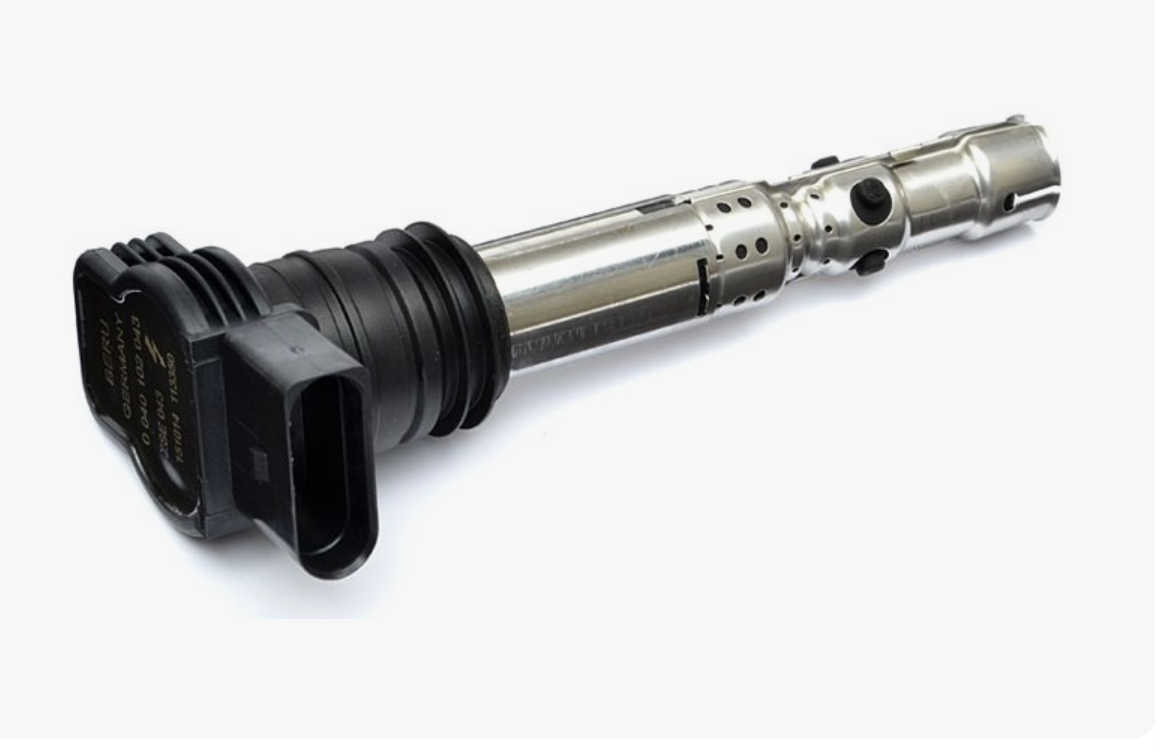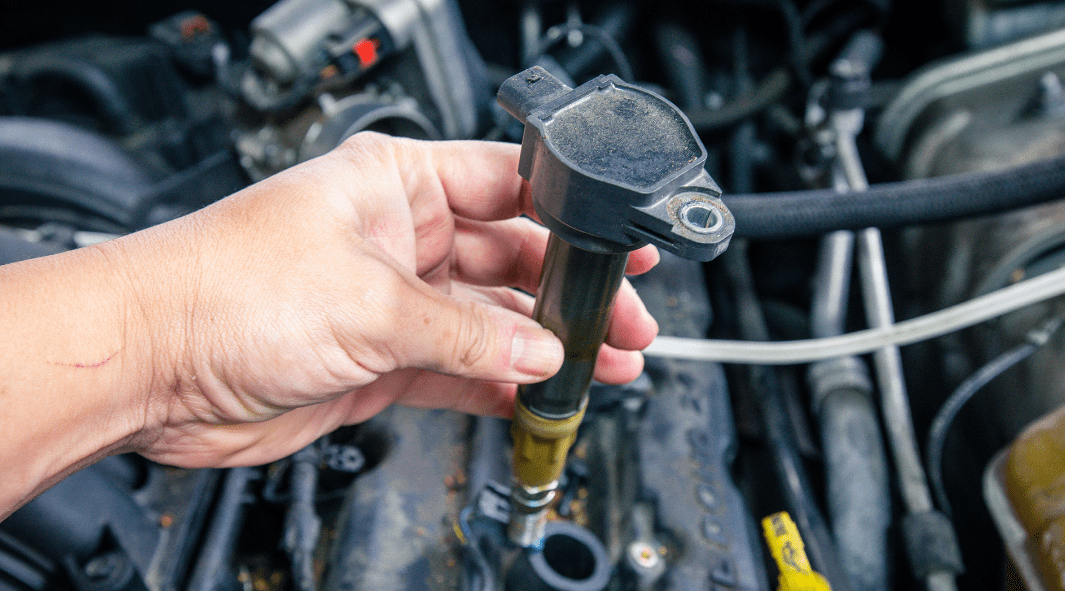5 Signs of a Bad Ignition Coil
Ignition coils are critical components in modern engines, ensuring that your vehicle starts smoothly and runs efficiently. When these coils start to fail, they can lead to a variety of performance issues. In this article, we will explore the signs of a bad ignition coil, understand how long ignition coils last, and discuss the impact of various factors on their lifespan.
WHAT ARE IGNITION COILS?
Ignition coils are electrical components that convert the battery’s low voltage to the high voltage needed to create a spark in the spark plugs. This spark ignites the air-fuel mixture in the engine cylinders, producing the power needed to run the vehicle. Essentially, ignition coils are transformers that play a vital role in the ignition system.
HOW LONG DO IGNITION COILS LAST?
The lifespan of ignition coils can vary widely depending on the vehicle, driving conditions, and maintenance practices. On average, ignition coils can last between 60,000 to 100,000 miles. Regular maintenance and prompt attention to engine issues can help extend their lifespan.
INCORRECT AIR-FUEL RATIO
An incorrect air-fuel ratio can put additional strain on the ignition coils. If the mixture is too lean (too much air, not enough fuel) or too rich (too much fuel, not enough air), it can cause the engine to misfire, leading to premature ignition coil failure.
INCORRECT SPARK PLUG GAP
The gap between the electrodes on a spark plug must be precisely set to ensure proper ignition. If the gap is too wide or too narrow, it can cause the ignition coil to work harder, potentially leading to overheating and failure.
VALVE COVER LEAKS
Valve cover leaks can lead to oil seeping into the spark plug wells, causing the ignition coils to malfunction. Oil contamination can disrupt the electrical connection and lead to misfires and other engine performance issues.
WHAT ARE THE SYMPTOMS OF A FAILING IGNITION COIL?
Recognizing the symptoms of a failing ignition coil can help you address the problem before it leads to more severe engine damage. Here are some common signs to watch for:
1. AN ILLUMINATED CHECK ENGINE LIGHT
One of the first indicators of a failing ignition coil is the check engine light turning on. Modern vehicles are equipped with onboard diagnostics that can detect misfires and other issues related to the ignition system. If the light comes on, it is essential to have your vehicle diagnosed to determine the cause.
2. DIFFICULTY STARTING YOUR ENGINE
A failing ignition coil can cause difficulty in starting your engine. The coil’s inability to generate a strong spark can result in extended cranking times or prevent the engine from starting altogether.
3. MISFIRING
Engine misfires are a common symptom of a bad ignition coil. Misfires occur when the spark plug fails to ignite the air-fuel mixture in the cylinder, leading to a loss of power and rough engine operation. You might feel vibrations or hear unusual noises from the engine.
4. LESS POWER AND REDUCED FUEL EFFICIENCY
A failing ignition coil can lead to a noticeable drop in engine power and reduced fuel efficiency. The engine may struggle to accelerate, and you might notice a decrease in overall performance.
5. BACKFIRING
Backfiring occurs when unburned fuel is ignited in the exhaust system, causing a loud popping noise. This can happen if the ignition coil fails to ignite the fuel mixture at the right time, leading to incomplete combustion and subsequent ignition in the exhaust.

CAN YOU DRIVE WITH A BAD IGNITION COIL?
Driving with a bad ignition coil is not advisable. A failing coil can cause engine misfires, reduced power, and decreased fuel efficiency, making driving difficult and potentially unsafe. Continuing to drive with a bad ignition coil can also lead to more severe engine damage over time, including damage to the catalytic converter.
HOW LONG CAN YOU DRIVE WITH A BAD IGNITION COIL?
While it may be possible to drive for a short distance with a bad ignition coil, it is not recommended to do so for an extended period. Ignoring the issue can lead to further engine damage and increased repair costs. If you suspect that your ignition coil is failing, it is best to have it inspected and replaced by a qualified mechanic as soon as possible.
Ignition coils are vital components of your vehicle’s ignition system, ensuring that your engine runs smoothly and efficiently. Recognizing the signs of a bad ignition coil, such as an illuminated check engine light, difficulty starting, misfires, reduced power, and backfiring, can help you address the issue promptly and avoid more severe engine damage. Regular maintenance and proper care can help extend the lifespan of your ignition coils, ensuring reliable performance for years to come.
https://motofix.ae/motofix
